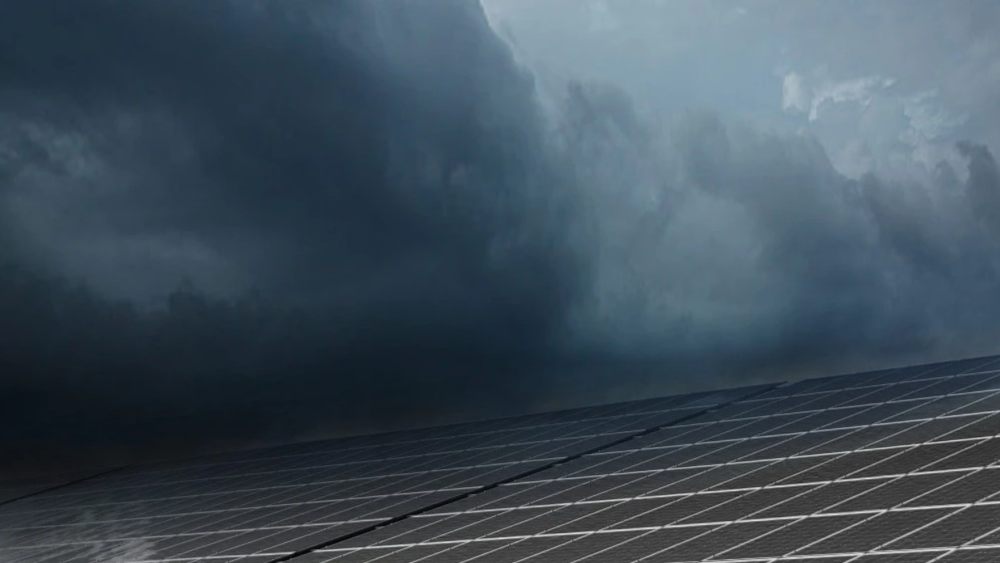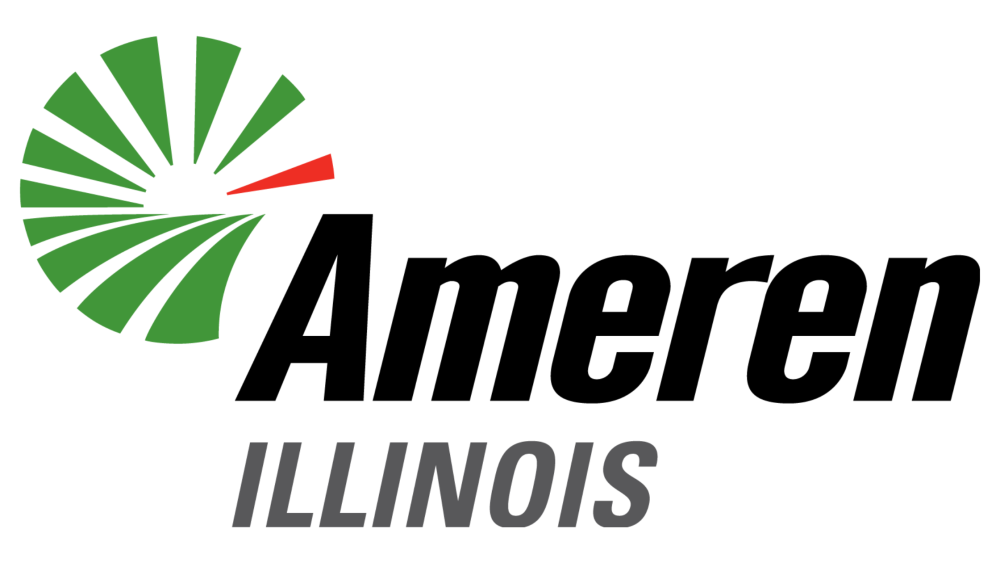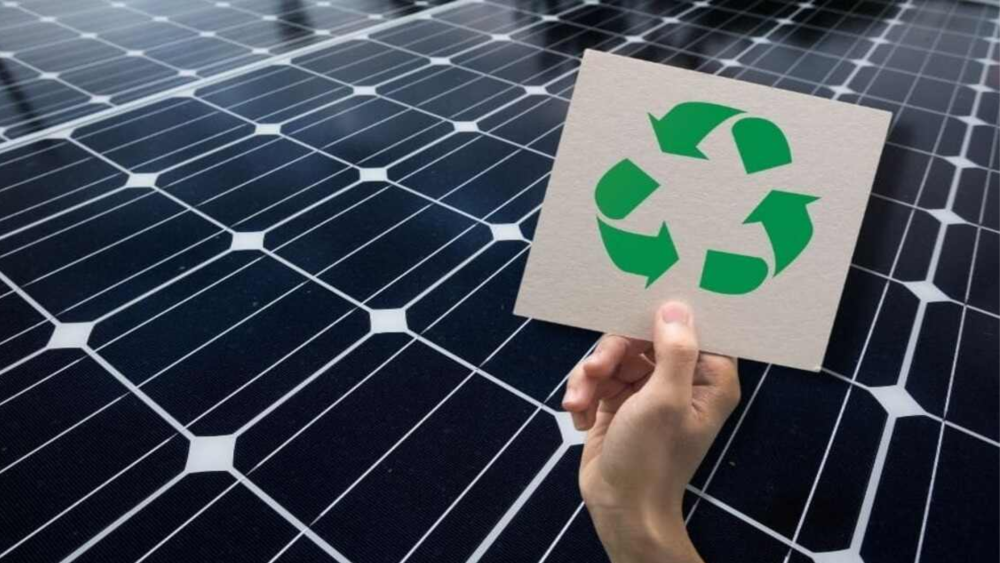Try our solar cost and savings calculator
What solar incentives are available in Tennessee?
As a homeowner in Tennessee, you have access to several different tax incentives that make solar panels more affordable. Solar incentives are available at both the federal and state levels to help you save thousands on your investment in solar energy.
Solar Calculator is here to help you take the next step in your transition to renewable energy. Below, we’ll discuss some of the different ways you can make solar more affordable.
Federal solar incentives
As part of the Inflation Reduction Act of 2022, congress passed several clean energy provisions to reduce energy costs. Among those provisions was an extension and upgrade of the Federal Investment Tax Credit (ITC).
Federal Investment Tax Credit
The Federal ITC allows you to claim 30% of your total equipment and installation costs on your federal taxes. There is no minimum or maximum amount you can claim and it includes equipment, installation, permitting, and even battery storage.
The ITC will remain at 30% until December 31, 2032. After that it will be reduced to 26% until December 31, 2033, then to 22% the following year. The ITC is currently set to disappear in 2035 unless it is renewed.
Who is eligible for the Federal ITC?
Most homeowners will qualify for the Federal ITC, but not all. You must meet the following criteria to claim your 30% tax credit:
The Federal ITC will also cover the following expenses:
Homeowners save around $10,000 on average with the Federal ITC. But that number can be higher or lower depending on your total expenses.
How to claim the Federal ITC
Claiming your Federal ITC couldn’t be easier. All you have to do is fill out IRS form 5695 and submit it with your tax return. You can consult with a tax professional for more assistance.
Local solar incentives
Who’s eligible : Commercial
How to apply : The Tennessee Department of Transportation's (DOT) and Department of Environment & Conservation's (DEC) NEVI plan stipulated that funding will help construct about 1,283 miles of EV charging corridors. The state DOT released a notice of intent on March 20, 2023, and a notice of funding opportunity (NOFO) was released in August 2023. The NOFO stipulated an application deadline of November 1, 2023, and an anticipated selection notification on January 5, 2024. The Tennessee DOT released its 2023 updated plan during Q3 2023, which included mostly minor updates and information on contracting related to the August 2023 NOFO, among other things. In January 2024, awards were announced for the August 2023 NOFO, with project construction set for December 2024.
Who’s eligible : State Government
How to apply : Based on recommendations from the newly established Governor's Task Force On Energy Policy (March 2008), Governor Bredesen issued Executive Order 59, thereby taking an important step to lead the state of Tennessee by example in the area of energy efficiency. The language from the order was later incorporated into the Tennessee Clean Energy Future Act of 2009 and codified into law. SB 2300 was enacted June 25, 2009 and later codified into law. It requires future office equipment, appliances, lighting, and heating and cooling products and systems purchased by and for the state agencies to be Energy Star qualified when available. The law further stipulates that contracts that do not offer Energy Star products should not be renewed and all future contracts with the state should offer Energy Star products. The Department of General Services, along with the Department of Finance and Administration, will establish and provide additional guidelines for state agencies in order to implement the order.
Who’s eligible : Commercial, Industrial, Residential, Federal Government
How to apply : Tennessee does not have statewide interconnection standards. However, the Tennessee Valley Authority, which supplies electric utilities in Tennessee, does have interconnection procedures for small (20 MW or smaller) and large (larger than 20 MW) generating facilities. TVA interconnection procedures can also be found under the "Generator Interconnection" tab on the utility's OASIS homepage.
Who’s eligible : Commercial, Industrial
How to apply : Tenn. Code Ann. Section 67-6-346 allows a taxpayer to take a credit, apply for a refund of taxes paid, or to apply for authority to make tax-exempt purchases of machinery and equipment used to produce electricity in a certified green energy production facility. A certified green energy production facility is a facility certified by the Department of Environment and Conservation as producing electricity for use and consumption on and off the premises using clean energy technology. Clean energy technology is a technology used to generate electricity from geothermal, hydrogen, solar, or wind sources, and includes storage paired with these technology types. CHP facilities utilizing natural gas for heat production and electricity for on-site consumption are also included. A contractor who is installing pollution control or green energy machinery and equipment must file an application with the department and must attach a copy of the contract to its application. The taxpayer who hires a contractor must also file an application with the department. If both applications are approved, the authority to purchase tax-exempt will be extended to the contractor for the certified green energy production facility project described in the application. If taxes have been paid, the approved application will be used to support a refund or credit directly to the taxpayer.
Who’s eligible : Commercial, Industrial, Investor-Owned Utility, Municipal Utilities, Residential, Cooperative Utilities
How to apply : Tennessee offers a special ad valorem property tax assessment for certified green energy production facilities. Tennessee Code Annotated § 67-5-601 (e)-(f) defines the sound, intrinsic and immediate value of alternative green source properties when they are initially appraised. SB 1000 stipulated that the assessed property value of all certified green energy production facilities (as defined in Tenn. Code § 67-4-2007) may not exceed 1/3 of total installed costs for wind, 12.5% of installed costs for solar, and for other green sources of energy, property should not initially exceed its appropriate capacity factor as determined by the States Board of Equilization in consultation with the department of environment and conservation. TDEC defines and certifies facilities based upon production of electricity using clean energy technology for use and consumption on and off the premise, in addition to storage paired with clean energy technology. Clean energy technology is defined as technology used to generate energy from geothermal, hydrogen, solar, and wind sources. The effective date of the property valuation provided is January 1st of the year for which the valuation is claimed. A copy of the facility certification must be provided by the property owner to the comptroller's office by March 1st of the same year. The comptroller must advise the assessor of the locations of any certified green energy property and must advise the assessor as to whether the property should be assessed locally or centrally.
Can you claim multiple tax incentives in Tennessee?
Yes. You are allowed to claim multiple solar incentives for the same installation. However, you can only claim each incentive once. For more guidance on how to claim your solar tax incentives, talk to your installer or consult with a licensed tax professional before submitting your tax forms.
Does Tennessee offer tax exemptions?
Property Tax Incentive
Category : Financial Incentive
Website : https://ctycms.com/tn-memphis/docs/pilot-application-10252023.pdf
Applicable Sectors : Commercial, Residential, Multifamily Residential, Low Income Residential
Incentive Amount : 15 year tax abatement
Implementing Sector : Local
Category : Financial Incentive
Website :
Applicable Sectors : Commercial, Industrial, Investor-Owned Utility, Municipal Utilities, Residential, Cooperative Utilities
Incentive Amount : Depends upon sector
Implementing Sector : State
Grant Program
Category : Financial Incentive
Website : https://www.tn.gov/tdot/long-range-planning-home/air-quality-planning/tennessee-electric-vehicle-infrastructure--tevi-.html
Applicable Sectors : Commercial
Incentive Amount : Varies
Implementing Sector : State
Energy Standards for Public Buildings
Category : Regulatory Policy
Website :
Applicable Sectors : State Government
Incentive Amount :
Implementing Sector : State
Interconnection
Category : Regulatory Policy
Website :
Applicable Sectors : Commercial, Industrial, Residential, Federal Government
Incentive Amount :
Implementing Sector : State
Sales Tax Incentive
Category : Financial Incentive
Website :
Applicable Sectors : Commercial, Industrial
Incentive Amount : 100% of sales and use tax
Implementing Sector : State
Loan Program
Category : Financial Incentive
Website : https://www.tn.gov/eesi/apply-now.html
Applicable Sectors : Schools
Incentive Amount :
Implementing Sector : State
Category : Financial Incentive
Website : https://pathwaylending.org/energy-efficiency/
Applicable Sectors : Commercial, Industrial, Local Government, Nonprofit, Schools
Incentive Amount :
Implementing Sector : State
Category : Financial Incentive
Website : http://www.btes.net/index.php/electric/electric-programs/energy-savings-loan-program/
Applicable Sectors : Residential
Incentive Amount :
Implementing Sector : Utility
Category : Financial Incentive
Website : http://www.mtemc.com/pages.cfm/name/r09_heatingac
Applicable Sectors : Residential
Incentive Amount :
Implementing Sector : Utility
Industry Recruitment/Support
Category : Financial Incentive
Website : https://www.tn.gov/environment/sustainability/funding/green-energy.html
Applicable Sectors : Industrial
Incentive Amount : The incentive is based on how much less the manufacturer pays for electricity than the maximum certified rate.
Implementing Sector : State
PACE Financing
Category : Financial Incentive
Website : https://tnpace.org/
Applicable Sectors : Commercial, Industrial, Residential, Agricultural, Multifamily Residential, Low Income Residential
Incentive Amount :
Implementing Sector : State
Rebate Program
Category : Financial Incentive
Website : https://energyright.com/residential/rebates/
Applicable Sectors : Residential
Incentive Amount : HVAC Air Source Heat Pump: $1,500/unit Geothermal Heat Pump: $1,500/unit Mini-Split Heat Pump: $1,000 - $1,2500 Duel Fuel Heat Pump: $100 - $600/unit Heat Pump Water Heater: $500/unit Air Conditioner: $300 - $700/unit Tune-up: $50 Weatherization Duct Sealing: $300/unit Air Sealing: $300/home Wall/Attic Insulation: $300/home Floor Insulation: $100/home Windows: $15/unit
Implementing Sector : Utility
Category : Financial Incentive
Website : https://energyright.com/business-industry/incentives/
Applicable Sectors : Commercial, Industrial
Incentive Amount : HVAC Heat Pump: $80 - $175/ton (replacement), $175/ton (new installation) Variable Refrigerant Flow Heat Pump: $250/ton Duel Fuel Heat Pump: $250/ton Thermal Ice Storage: $9/ton/hour (partial), $11/ton/hour (full) Variable Speed Drive: $100/hp Lighting Indoor LED Lighting: $0.08/annual kWh reduced Exterior LED Lighting: $0.04/annual kWh reduced Electric Vehicles Electric Forklifts: $1,000 (leased), $2,000 (new/refurbished) Refrigeration Electronically Commutated Motors: $50/unit Evaporator Fan Controllers: $200/unit Reach-in Cases: $100 - $200/lin. ft. Custom: $0.10/annual kWh
Implementing Sector : Utility
Category : Financial Incentive
Website : https://business.epb.com/builders-and-developers/smart-build/
Applicable Sectors : Construction, Investor-Owned Utility, Municipal Utilities, Residential, Cooperative Utilities, Multifamily Residential
Incentive Amount : Incentives not specified, contact EPB for more information.
Implementing Sector : Utility
Building Energy Code
Category : Regulatory Policy
Website : https://www.energycodes.gov/status/states/tennessee
Applicable Sectors : Commercial, Residential, State Government
Incentive Amount :
Implementing Sector : State
Solar/Wind Access Policy
Category : Regulatory Policy
Website :
Applicable Sectors : Commercial, Industrial, Local Government, Nonprofit, Residential, Schools, State Government, Federal Government, Agricultural
Incentive Amount :
Implementing Sector : State
What is the best way to pay for solar?
Cash payments
Paying cash upfront is easily the simplest and most cost-effective route — if you can afford it. It lets you maximize your total savings by avoiding interest rates and other fees. You also don’t have to worry about making monthly payments. But the downside is you have to spend a lot of cash at once which isn’t an option for everyone.
Pros
Cons
Financing
Financing solar panels is probably the most common payment method. You get to own the system — as opposed to leasing — but you don’t have to spend all your cash at once. And although you do have to pay interest, you can secure a fairly low interest rate as long you have good credit.
Pros
Cons
Solar leases and PPA agreements
If purchasing solar equipment isn’t an option for you, a lease or a PPA may be worth exploring. This is where you are essentially “renting” the equipment for a fixed rate each month. And although you don’t have ownership of your system, there are other benefits such as maintenance and servicing agreements.
Pros
Cons
Going solar doesn’t have to break the bank
Going solar is becoming more affordable than ever. And thanks to a variety of solar incentives in Tennessee, you can save thousands more on your investment.
Want to get an idea for what it will cost you to go solar? You can use our solar cost calculator to generate a customized estimate instantly. We take into consideration a wide range of criteria including location, electric bill, roof size, and other factors. Try it out today and start planning for your future.




